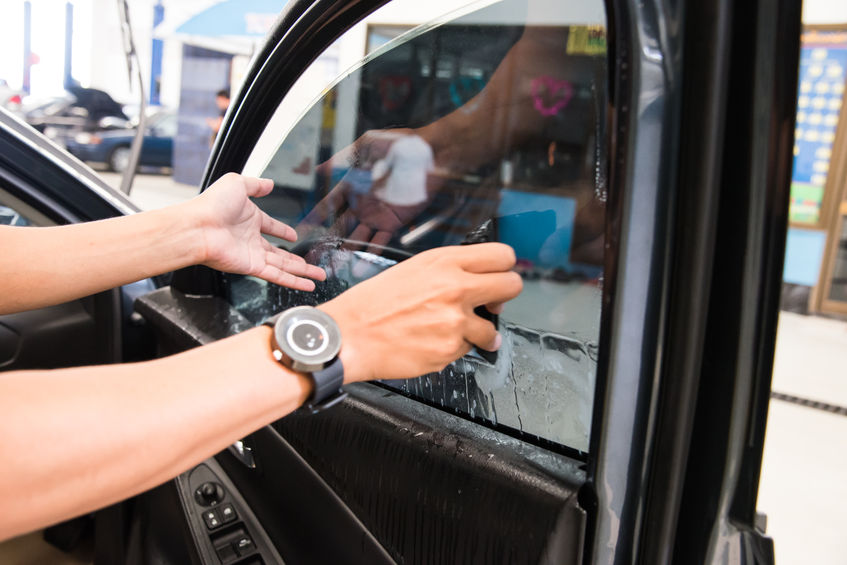
Living in Massachusetts and thinking about getting your car windows tinted to provide heat protection and glare reduction? You should first become familiar with what the laws are, so you don’t get in trouble later.
Each state has their own set of laws and regulations on how dark a car’s window tint can be. If your tint is too dark the consequences can range from a small fine to the impounding of your vehicle. Since you want to avoid any legal trouble like this at any cost, familiarize yourself with the following Massachusetts tint laws.
Massachusetts Tint Laws
The laws of Massachusetts lay out a number of different factors. This includes how dark and reflective the tint can be, as well as a few other relevant factors. These laws are in place to keep you and all other drivers on the road as safe as possible, while still allowing vehicle windows to be tinted for comfort, privacy, and medically-necessary reasons.
Darkness: How dark window tint can be is measured by how much light can pass through the windows. This law is set to ensure that car window film is not so dark as to become a hazard to the driver and subsequently, everyone else on the road.
Massachusetts requires that 35 percent of all visible light be able to pass through the back, front, and rear side windows.
Reflectiveness: There are also legal limits on how reflective your vehicle can be. Some films incorporate tiny particles of metal that help to reflect incoming light. While this is useful for the driver, too much reflection can make it difficult on other drivers.
Massachusetts allows window tint films that are up to and not exceeding 35 percent. This law pertains to all vehicle windows, include the front, rear, and side windows.
Additional Laws and Factors
- If you have a medical disorder which requires additional UV or light protection you can get a doctor’s note to have car window tint which blocks more than 35 percent of all visible light.
- Only the top six inches of your car’s windshield can have tinting which is non-reflective.
- Darkly tinted windows are required to have at least two side mirrors, with each mirror being positioned on either side of the vehicle.
- There is no restriction on the color of your window film.
- You do not need to have a sticker or certification verifying your tint as legal, but it is highly suggested to avoid hassle. Some retailers, police stations, and vehicle inspection stations can provide you with this.
- Window tint manufacturers and distributors do not need to certify their tint as legal to sell in the state of Massachusetts, so purchasers are encouraged to ask questions assuring their desired film is so.
If you stay within the legal limits listed above, you can reap the benefits car window tint has to offer without fear. Working with a professional tint installation company can help you stay within the legal limits if you are still feeling uncertain after reading the above.






Comments are closed.